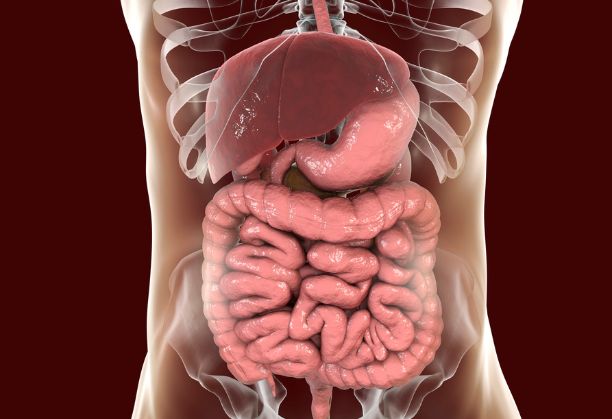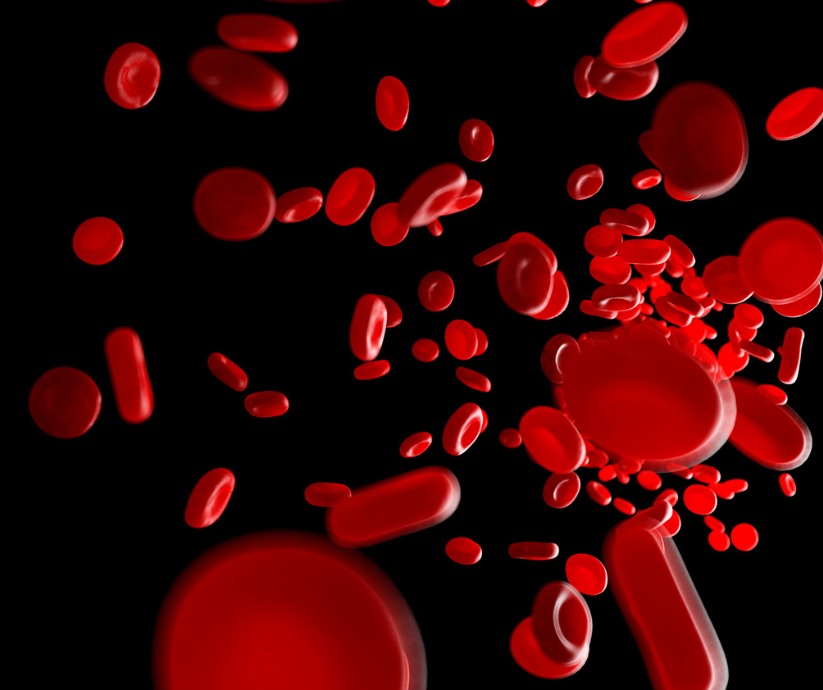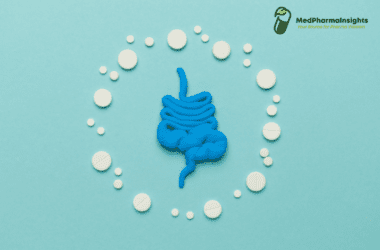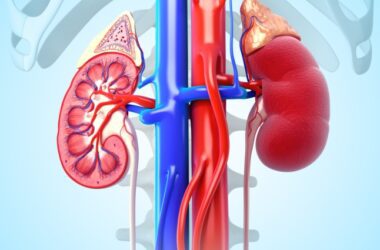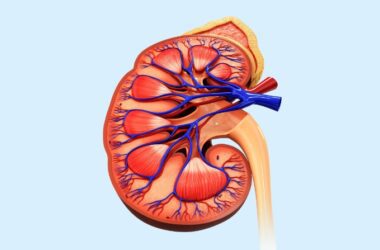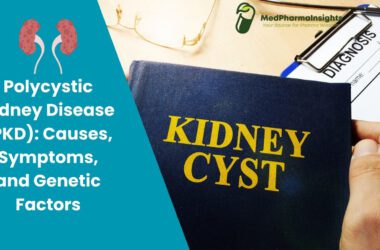Kidney stones, medically known as nephrolithiasis, are a common and often painful condition affecting millions of people worldwide. These small, hard mineral deposits can form in your kidneys, causing a range of symptoms and discomfort. However, understanding the causes, recognizing the symptoms, and adopting preventive measures can go a long way in managing kidney stones effectively. In this blog post, we will delve into the world of kidney stones, exploring their causes, symptoms, and essential prevention strategies.
Causes of Kidney Stones
Kidney stones develop when certain minerals and salts in your urine crystallize and clump together. Understanding the underlying causes can help you take steps to reduce your risk. The primary factors contributing to kidney stone formation include
- Dehydration: Insufficient fluid intake can lead to concentrated urine, increasing the likelihood of stone formation. Staying well-hydrated is one of the most critical preventive measures.
- Dietary Habits: Consuming a diet high in oxalate-rich foods, such as spinach, nuts, and chocolate, can contribute to calcium oxalate stone formation. Additionally, excessive sodium and animal protein intake can increase the risk.
- Genetics: A family history of kidney stones can raise your susceptibility to the condition, as genetics may play a role in stone formation.
- Medical Conditions: Certain medical conditions, like hyperparathyroidism and urinary tract infections, can increase the likelihood of kidney stone development.
- Medications: Some medications, including diuretics and certain antacids, can promote stone formation.
Symptoms of Kidney Stones


Kidney stones can be asymptomatic, but when they cause symptoms, they are often excruciating. Common symptoms of kidney stones include:
- Flanks Pain: The most prominent symptom is intense, crampy pain, typically radiating from the back or side to the lower abdomen and groin. The pain may come in waves and may be accompanied by nausea and vomiting.
- Frequent Urination: You may feel an urgent need to urinate more frequently, often with only small amounts of urine passed.
- Blood in Urine: Hematuria, or blood in the urine, can occur due to irritation of the urinary tract by the stone.
- Cloudy or Foul-Smelling Urine: Changes in urine color and odor may also be indicative of kidney stones.
Prevention Strategies
The good news is that many kidney stones can be prevented by making some lifestyle adjustments. Here are key strategies to reduce your risk of kidney stones:
- Stay Hydrated: Aim to drink plenty of water throughout the day to dilute urine and prevent stone formation. Dark yellow urine can be a sign of dehydration.
- Watch Your Diet: Limit consumption of high-oxalate foods, reduce salt intake, and maintain a balanced diet rich in fruits and vegetables.
- Control Your Weight: Obesity is linked to an increased risk of kidney stones. Maintaining a healthy weight through diet and exercise can help lower this risk.
- Moderate Animal Protein: Limit your intake of red meat, poultry, and fish, as excess animal protein can contribute to stone formation.
- Manage Underlying Conditions: If you have medical conditions that increase your risk of kidney stones, such as hyperparathyroidism or urinary tract infections, work with your healthcare provider to manage them effectively.
- Medication and Supplements: In some cases, your healthcare provider may recommend medications or supplements to prevent stone formation, especially if you have a history of recurrent stones.
Treatment :
There are many Treatment options for kidney stones depending upon the size of stone and other factors.
Conclusion
Understanding kidney stones, their causes, symptoms, and prevention strategies, empowers individuals to take control of their kidney health. By staying hydrated, maintaining a healthy diet, and addressing any underlying medical conditions, you can significantly reduce your risk of kidney stone formation. If you suspect kidney stones or experience symptoms, seek prompt medical attention to receive appropriate diagnosis and treatment. Remember, knowledge and proactive measures are your best allies in the fight against kidney stones.


